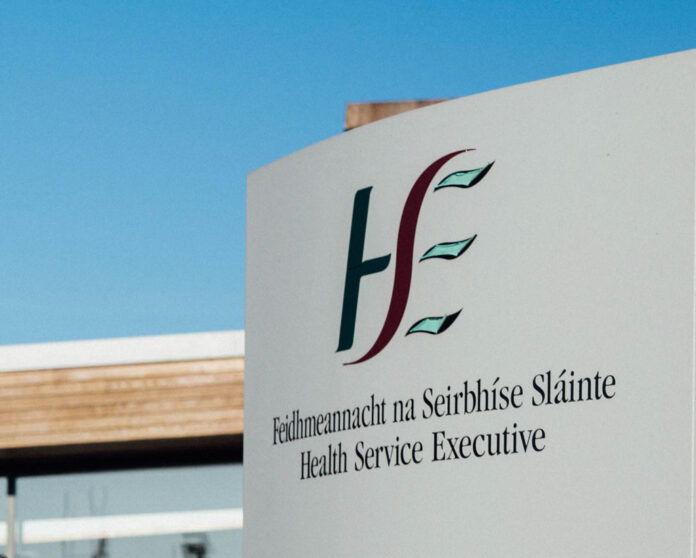THERE have been 250 confirmed cases of Respiratory Syncytial Virus, more commonly known as RSV, in the Mid West since October with children making up the majority of those affected by the highly contagious condition the HSE have confirmed.
Meanwhile there have been 100 cases of flu in the same time period, and two in five of those affected by the virus children.
Dr Mai Mannix, Director of Public Health Mid-West, has urged people to be on the look out for the symptoms and to ensure children are kept at home if they are feeling unwell and kept away from older persons and the vulnerable.
She has also urged parents to get their children vaccinated against the flu to protect themselves and others, saying a further increase in cases is expected after Christmas.
She was speaking during a HSE briefing of Clare County Council this week where she said, “The issue with flu is as well as people being ill is the impact that it has on healthcare settings and long term care facilities and the impact on the hospital. We are coming into the Christmas season when people are getting together more so it’s likely we’ll have a further uptick after Christmas.”
Speaking about cases of RSV she confirmed that the majority of the 250 cases are in children. “It’s highly contagious and causes bronchiolitis which is a narrowing of the lower airways in children. And 50% of the children with lab confirmed RSV are hospitalized in Ireland. There is no vaccine. So the prevention really is to make people aware of the symptoms.”
The HSE has sent out messaging to pre-schools on what to look out for in children, she said.
“It’s very important to keep people at home, keep kids at home if they’re feeling unwell so that we can reduce and limit the spread. It’s also important to keep children away from vulnerable or elderly relatives as our elderly and vulnerable people can also become sick with RSV.” The HSE has worked with UL hospital regarding a joint awareness initiative around the high incidence of RSV, she added.
Regarding the numbers of people with the flu she said, “We would urge people really to avail of vaccination, that is the best protection. We have a low uptake in healthcare workers and in children at the moment but we are working hard with our community and hospital colleagues to work on the health care workers.
“There is a free nasal flu vaccine for children aged between two and 17, it’s not an injection it’s just a squirt up both nostrils. Very easy. To administer and very effective in terms of preventing flu and children.
“The benefits of that vaccine are not only for the kids themselves, but there is a lot of evidence from the UK where you protect the children with flu vaccine you also protect the elderly. There is a huge impact just by suppressing the circulation of flu in children.”



